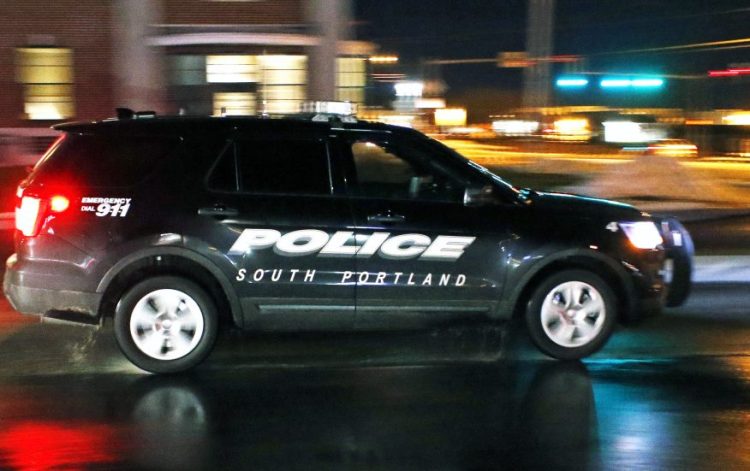The South Portland Police Department has released a draft of its body camera policy, less than a week after the Portland Press Herald questioned the department on why details of the policy were not released to the public ahead of its planned implementation this month.
The policy outlines when the cameras must be turned on and when they may be turned off, and delves into the caveats and exceptions to those guidelines.
Previously, Police Chief Edward Googins refused to release the policy, saying that would affect the department’s operations.
The policy was posted online Tuesday, before a public forum on the topic scheduled for Jan. 18, and after Googins conferred with the city’s attorney on whether the policy is a public document.
“Our intent was to discuss the key aspects of this policy during next week’s meeting, but given the overwhelming interest and subject matter, it is being posted here in its entirety,” the department said in a Facebook posting.
Police in South Portland will be instructed to turn off the cameras in nearly a dozen predetermined circumstances, such as when officers are discussing tactics, while conducting strip searches, or when officers are interacting with people who have a reasonable expectation of privacy, such as in their home, and ask the officer to shut off the camera.
Police are not required to turn off the camera if the officers are in a home to execute a search warrant or for some other reason that exempts them from the warrant requirement, such as entering a home because they have good reason to believe a crime is taking place, or other exigent circumstances.
Victims and witnesses will also not be recorded by police if they ask for the officer to turn off the camera.
“Except as requested by victims, witnesses, or individuals within a location having a high expectation of privacy during a consensual contact … officers are not required to cease recording an incident or scene because of a request from any member of the public,” the policy reads. “When officers are present without consent and upon other authority, such as when serving a warrant, or based upon an exception to the warrant requirement, recordings will be made of the incident until its conclusion. Officers should inform anyone who asks that (body-worn camera) equipment is in use. Officers should also consider advising belligerent or hostile subjects that they are being recorded, as this may help alter their demeanor and de-escalate the situation.”
The American Civil Liberties Union of Maine criticized Googin’s decision not to immediately release the policy, after the Press Herald published a story about the department’s implementation of body cameras. Federal guidelines on police body cameras also suggests including public input during the policymaking process, and then releasing the camera policy to the public once it is put in place.
The draft guidelines released by South Portland have a tentative effective date of Jan. 20, but the implementation is at the discretion of the chief.
Comments are not available on this story.
Send questions/comments to the editors.




